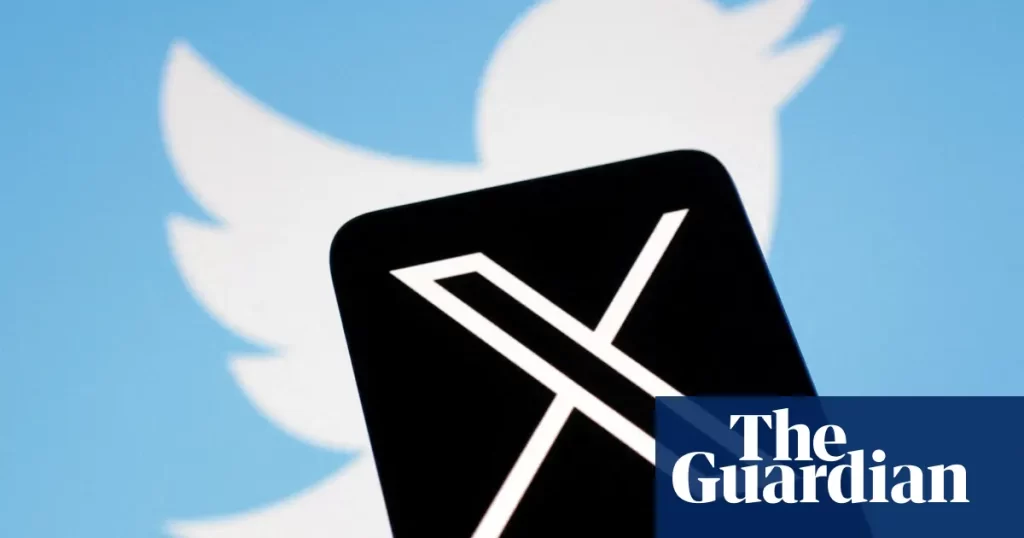Bluesky, the open and decentralized social network initiative spearheaded by Twitter co-founder Jack Dorsey, has opened up applications for access to a broader group of test users. This marks Bluesky’s initial steps towards becoming a mainstream platform that could potentially challenge Twitter itself.
Dorsey founded Bluesky back in 2019, not long after stepping down as Twitter CEO. It began as a small research project examining how to build an open social platform utilizing cryptocurrency and blockchain technology. Dorsey has pitched Bluesky as an open-source alternative to Twitter focused on giving users control over algorithms and allowing portability of content across social networks.
Now in its fourth year of quiet development, Bluesky unveiled its AT Protocol earlier this year for transferring social network data. And this month, the startup opened up applications for access to around 100,000 people, representing the first wave of real-world testing.
Also Read – How to Handle Temporary Closures on Google My Business 2024
In a recent Substack post, Bluesky outlined the four key principles that differentiate it from mainstream platforms like Twitter:
- Posts should be permanent by design, enabling public discourse that can stand the test of time.
- Algorithms must be transparent and user-directed, unlike proprietary systems designed primarily for “sticky” engagement, i.e. addiction. As Dorsey told WIRED last year, “A user should be asked explicitly if they want algorithmic amplification, recommendations, or timeline curation.”
- There must be portability of content between platforms utilizing open standards. No walled gardens.
- Finally, a marketplace of algorithmic recommendation services that users can select between.
With Twitter embroiled in controversy under chaotic new owner Elon Musk, Bluesky aims to offer a user-respecting alternative. However, building a successful mainstream platform is a formidable challenge. Even with an open ecosystem not driven by targeted ads, how do you reach critical mass? How can a fledgling network realistically compete for creators with entrenched players like Twitter, Instagram, and TikTok? And will average users care about algorithmic transparency versus convenience?

Establishing a viable business model also poses difficulties, even with cryptocurrency in the mix. Just ask Mastodon, the federated open-source social network that has struggled financially for over six years. Of course, Bluesky has Dorsey’s deep pockets backing things for now. But long-term independence requires sustainability.
In the end, while Bluesky’s ethos is admirable, changing social media dynamics at scale is an uphill battle. But by starting as a non-profit focused on open protocols versus growth at all costs, they distinguish themselves from the pack. Attracting even a small group of dedicated influencers tired of existing social media rat races would represent success. The Twitter exodus may present opportunities too.
Also Read – Elon Musk Removes Twitter CEO Parag Agrawal for Refusing to Ban Account
As of now, Bluesky’s vision remains largely conceptual without established traction. And the Twitter-shaped hole at the center of culture looms large. But by patiently playing the long game, Bluesky aims to present an alternative model for how social platforms can respect users, creators, and public discourse alike. Even with incremental adoption, its open DNA offers hope for a better internet.







